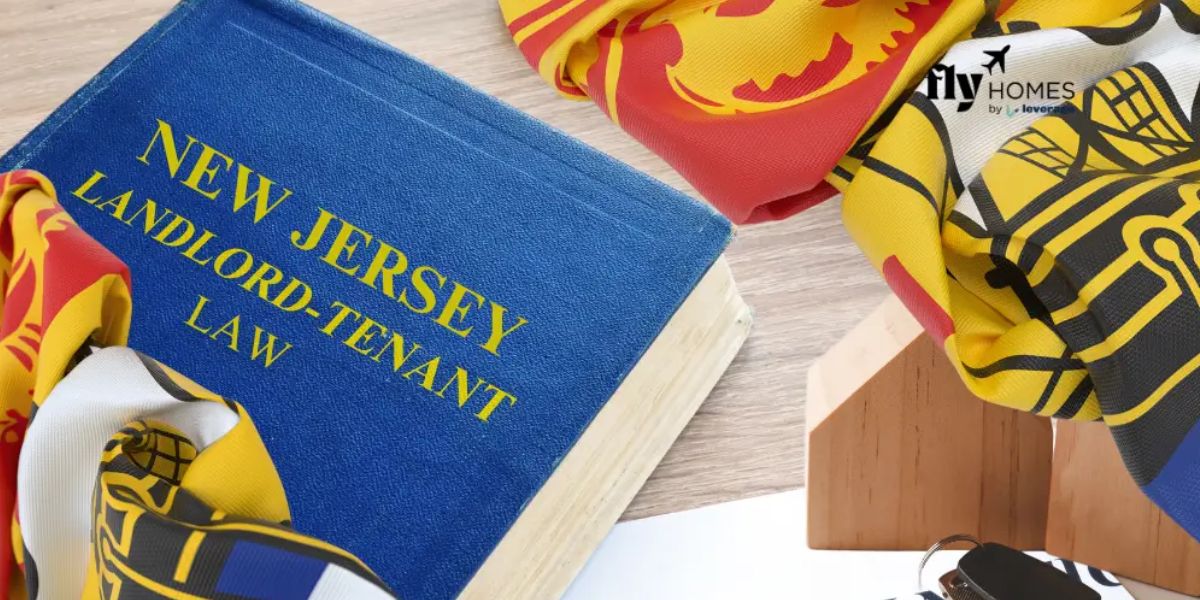Since there is no statewide ceiling on rent increases for the majority of typical residential units in New Jersey in 2025, local ordinances at the municipal level are largely in charge of setting rent increase limits.
Rent control regulations are in effect in many New Jersey cities and towns, and they usually limit annual increases to about 4%, but this might vary from place to place.
While rent increases in other towns may be linked to the Consumer Price Index (CPI) or a similarly calculated percentage, in Newark, for instance, the maximum permitted yearly rent rise for buildings covered by rent control legislation is restricted at 4%.
Owner-occupied two- or three-family homes and more recent development are typically excluded from these local restrictions, which frequently only apply to specific kinds of multifamily buildings.
Regardless of whether the lease is annual or month-to-month, state law permits landlords to raise rent once throughout the lease period as long as appropriate written notice is supplied.
Municipalities may enforce longer notification windows, even though the usual notice period is normally 30 days.
The new rent, the effective date, and the percentage increase over the prior rate should all be explicitly stated in the required notification.
New Jersey forbids landlords from enacting “unconscionable” or exorbitant rent hikes, even outside of rent-controlled regions.
Each case may vary depending on a number of circumstances, including similar rental rates in the community, the property’s condition, the landlord’s expenses, and market conditions, as there is no precise statutory percentage for what is deemed unconscionable.
Tenants may contest a rent increase in civil court or before the municipal rent control board, if one exists, if they believe it is irrational or wildly out of proportion to comparable properties.
Because the caps, coverage, and notification requirements vary greatly depending on the location of the property, it is crucial for tenants to review the relevant regulations in their town.
Read Also: Missouri Rent Hike Laws for 2025: What Tenants Need to Know
Additionally, recent legislation may provide unique protections for tenants in manufactured or modular houses, such as distinct rent increase caps for those types of dwellings.
As of July 2025, proposed statewide legislation that would further restrict annual increases (e.g., by capping them at 5% plus inflation or 10%, whichever is lower) has not yet been enacted and would not supersede more stringent local regulations when they are in place.
Tenants in New Jersey should make sure they receive adequate notice of any increase and check their local rent control regulations in 2025 to find out the precise cap on rent increases.
They also have the option to contact their local rent board or obtain legal counsel in order to contest any increase they believe to be excessive.






